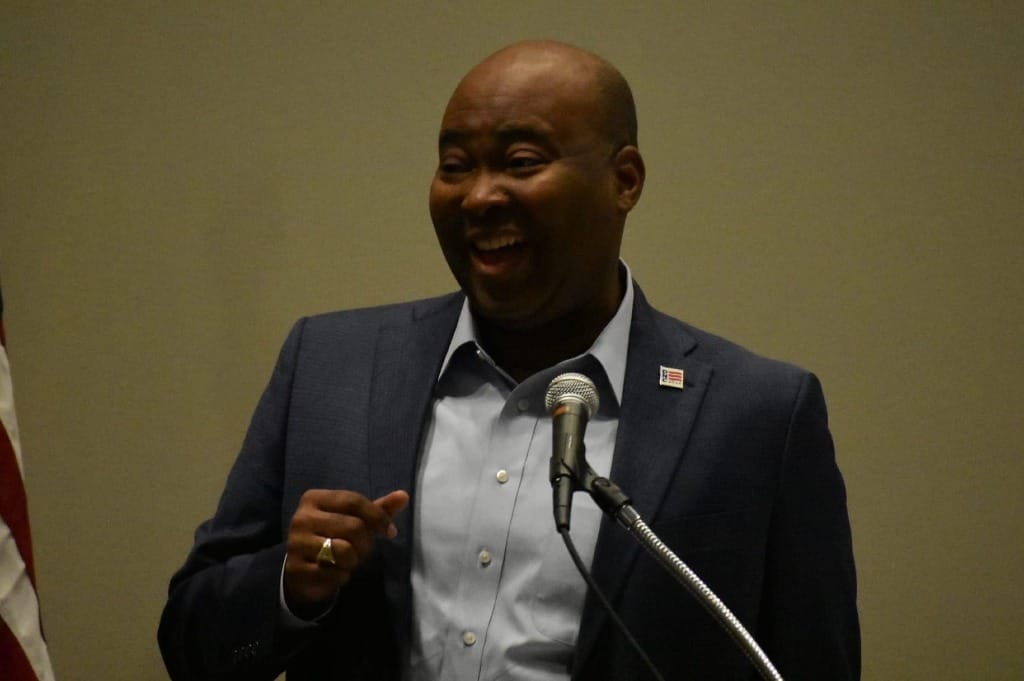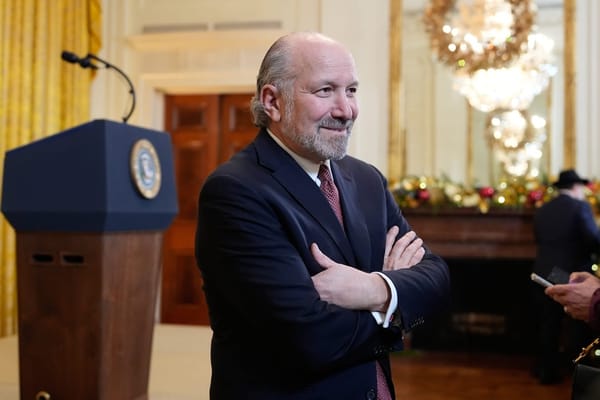Rural Leaders See Their Hospitals Closing Without Robust Broadband
The Biden administration's broadband initiatives were described as crucial for saving rural hospitals.
Jericho Casper

CHICAGO, August 22, 2024 – Rural representatives at the federal level raised concerns regarding the role that inadequate broadband access plays in the closure rate of hospitals across rural America.
Speaking Thursday at a Rural Caucus meeting here at the Democratic National Convention, federal representatives emphasized that the Biden administration’s broadband expansion initiatives were doing more than just connecting people in rural America – they were saving lives, revitalizing local economies, and ensuring the long-term prosperity of these regions.
DNC Chairman Jaime Harrison, a former U.S. senate candidate in South Carolina, shared a poignant account that underscored the critical importance of broadband infrastructure investments in rural healthcare.
"Telehealth is an essential component of modern healthcare – it’s a revenue generator," Harrison explained. "But in communities without broadband, these potential revenues – and the essential hospitals and doctors they support – are lost. The absence of reliable internet is decimating hospitals in rural areas."
According to the American Hospital Association, more than 135 rural hospitals closed between 2010 and 2021, with 19 rural hospitals closing in 2020 alone. The Center for Healthcare Quality and Payment Reform estimated that an additional 300 rural hospitals were at risk.
Harrison noted that broadband-enabled technology could mitigate some of the impacts of rural hospital closures. Reports from NTCA, a trade association for rural ISPs, indicated that tech innovation, driven by robust broadband access, was key to keeping rural healthcare afloat.
Beyond healthcare, Harrison spoke to the educational divide exacerbated by the digital gap. "In South Carolina, 30% of rural communities lack internet access," he noted. "How can we expect our children to compete globally when they can’t even connect to the world around them?"
The Biden-Harris administration's landmark legislation, including the Inflation Reduction Act, the Bipartisan Infrastructure Law, and the American Rescue Plan, was praised for its role in supporting small and mid-sized farmers and for delivering critical infrastructure improvements to rural America.
"These investments represent the largest infrastructure development since the Eisenhower era," Harrison declared. "They are transforming rural America by building roads, bridges, removing lead pipes, and most importantly, bringing broadband to our communities."
Harrison concluded by highlighting the administration's personal commitment to rural America. "Joe Biden and Kamala Harris are special because they came to our communities, saw our struggles, listened to us, and have been fighting for us ever since."
U.S. Department of Agriculture Secretary Tom Vilsack also addressed the caucus, emphasizing the CHIPS and Science Act as a crucial component in preparing rural communities for the future. By bolstering research and development of semiconductor chips, Vilsack said these initiatives are empowering rural areas to venture into new economic opportunities beyond traditional farming.
Vilsack said that Biden’s infrastructure and development bills have invested more to transform rural communities than in their urban counterparts.










Member discussion